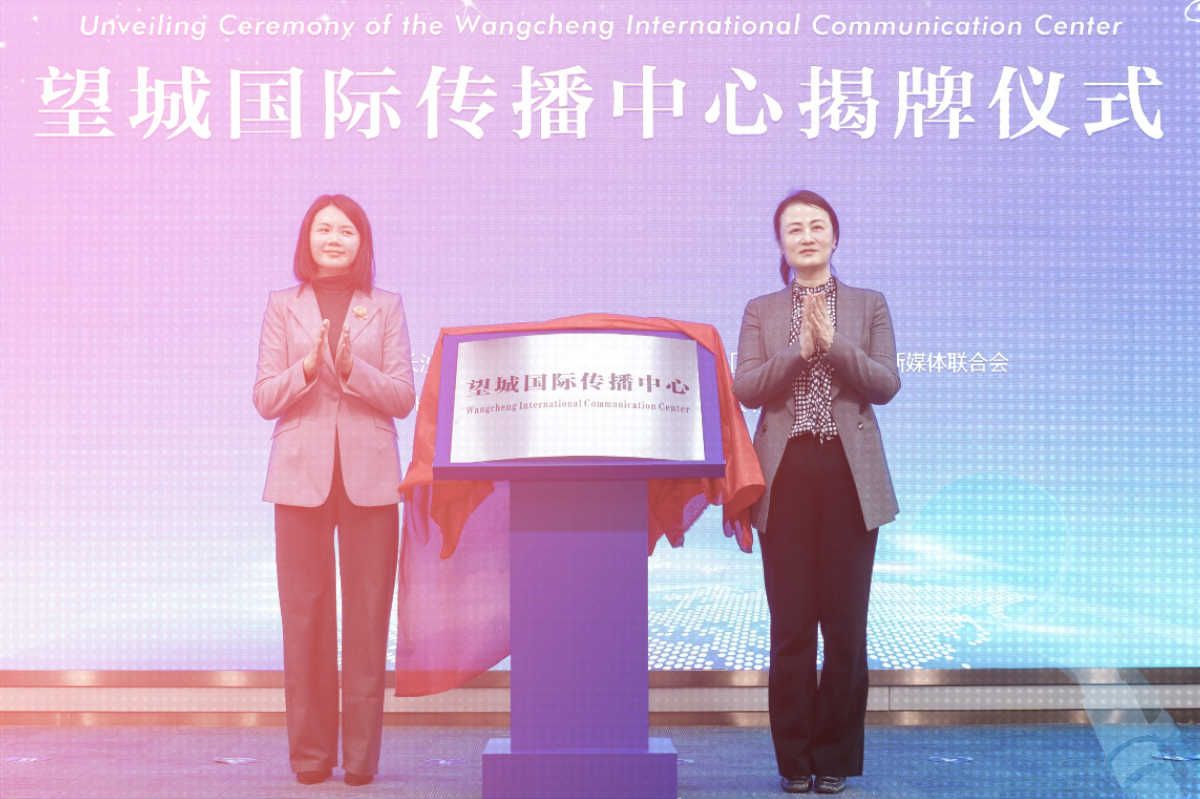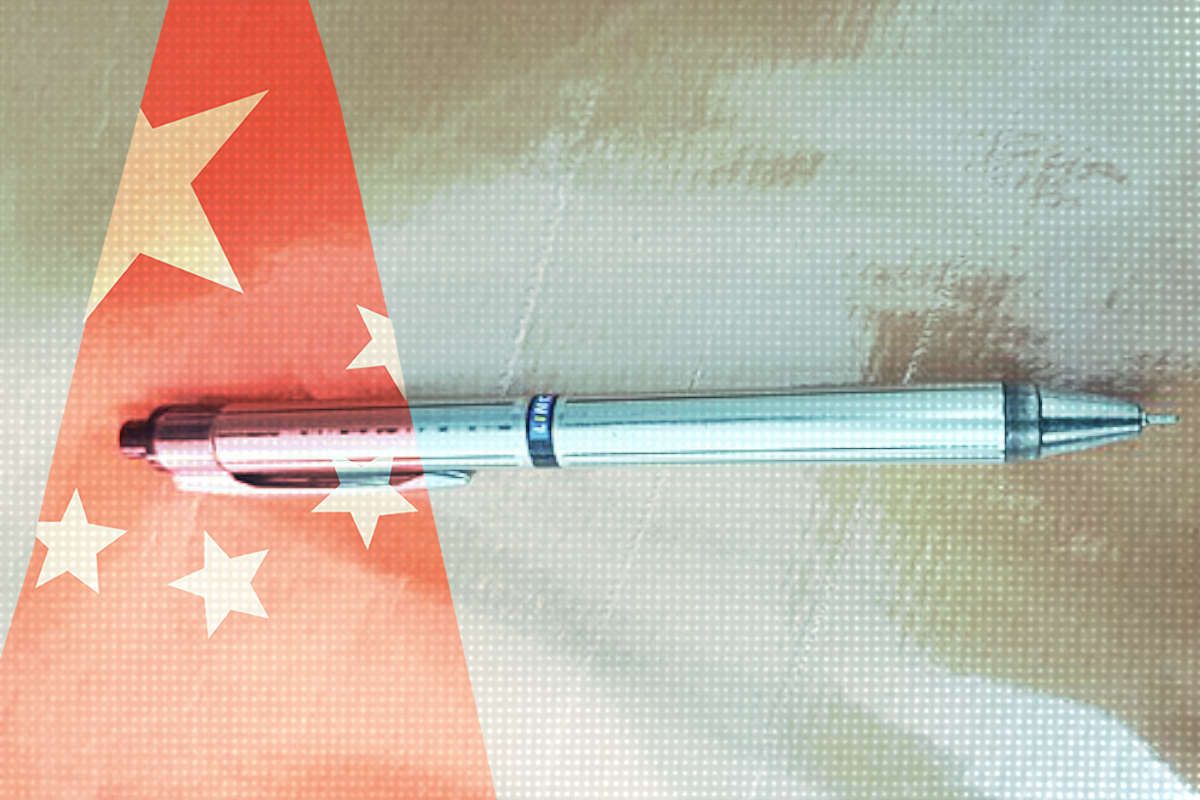Headlines and Hashtags
Scholar: China needs more democracy to break bottlenecks
By David Bandurski — There is only one story in China right now. Try to track down anything of substance in China’s media that is NOT about the Beijing Olympic Games and the “race for the gold” and you’ve really got your work cut out for you. But we stumbled on a worthwhile article today from China Business that discusses — low and behold — democracy. So of course we must share. [Homepage Image: Photo from a village election in China, from China’s Human Rights].
The article in question is an interview with Zi Zhongyun (资中筠), a researcher with the Institute of American Studies at the Chinese Academy of Social Sciences who specializes in international relations and United States government. [English text of an old interview with Zi Zhongyun via Sina.com here].
In the interview, run on page B8 of today’s China Business, Zi talks about democracy as the “least bad” of political options available to check the misuse of power, and says China will have to address the inadequacies of its “current [political] superstructure” if it hopes to push ahead with its development. She also addresses some Chinese misconceptions about democracy.
A portion of the interview follows:
“We Should Recognize Universal Values: There is No Need Nit-Pick About Democratic Perfection”
An interview with Zi Zhongyun (资中筠)
China Business: As someone who has witnessed the course of economic reforms in China, how do you see the progress China has made in the last 30 years?
Zi Zhongyun: The most obvious achievement over the last 30 years has been China’s economic growth and its material abundance. I think attaining these achievements has owed largely to liberation of thought (思想的解放) and to reform and opening. Among these, “opening” was the most important, so the phrase “reform and opening” could also be called “opening and reform,” because had reforms gone ahead while China kept its doors closed, they would ultimately have been impossible and we wouldn’t see the results we see today.
Any time China has made progress since the Opium Wars, it has been inseparable from the act of opening, whether we’re talking about opening that is passive or self-initiated. This time around we’re talking about a self-initiated opening . . .
The liberation of thought that began 30 years ago can be seen on many levels, but I think the most important is the recognition of the market economy and property rights. When economic reform and opening began, there was deep division over whether we should recognize the market and the private economy. And now, as China’s Property Law is in its early stages of creation, we have a lot of lingering issues in the area of property protection. These are not just economic issues but social ones, and the issue of property right protection is at the heart.
Historically speaking, the question of whether property rights are effectively and systematically protected has been a focus in China for years . . . Once private property is protected under the law, the question is how to use specific measures to ensure that property rights are not stifled by the government, a question of bringing the legal system into play. In order to protect property rights you need rule of law, you need to build rule of law, and you must have democracy – and looking at it the other way around, you need rule of law to safeguard democracy, the two going together. Continuing along these lines, as we move forward step by step, we can see that our reform bottlenecks lie in our current [political] superstructure. According to classical Marxist theory, our current [political] superstructure is not suited to further development of production. Looking at this question in terms of reform, the bottlenecks are a question of system reform (体制的改革). The central party has come out with many good policies, but as soon as the question of implementation comes up, it is difficult to roll them out, and the [political] system itself is one of the major obstacles.
China Business: What will it take to break through these institutional obstacles?
Zi Zhongyun: Reform of the system concerns democracy and rule of law, and this concerns also the question of how we see democracy. Right now, there is an area of misunderstanding that imagines democracy should be able to cut right through any problem, creating equality and at the same time preserving various competing rights and interests. As soon as they see a problem in democratic countries, some people say, “Look, what’s so good about democracy?” as though democracy should necessarily be absolutely perfect. In fact, democracy is simply the system that up to now has proven least bad (比较不坏). There are two core points [about democracy]: the first is the need to check power (限权), which is to say the need to check those who have power (对公权的限制). Any person or group must be checked as long as they have power, and no one must be allowed to act with impunity. The second point [about democracy] is the monitoring and participation of the people. With these two cores you can use many different forms and concrete methods to bring about democracy. The United States uses a two-party system. A number of countries in Europe have many political parties. Japan has a single large party divided internally into several factions. Each country may have its own particular national characteristics, but they all have a common core, and that is the limiting of exercise of power. At the same time, the exercise of power must be transparent and open, and accept monitoring and participation by the public.
Right now, our decision-makers [including President Hu Jintao] have said that the public should have the right to know, the right to express their views and the right to participation (知情权, 表达权和参与权). On the level of vocabulary, this is major progress. If these are really put into effect, it doesn’t matter what form of democracy, there should be no problem pushing them forward. But there should also be specific measures to ensure [these rights]. I believe that [effectively] implementing citizens’ rights is crucial. Right now the two things the people criticize most are the contrast between rich and poor [in China] and corruption. But the root of these problems lies also in the misuse of power, which results in social inequality, and not in the market economy per se. We need to recognize that we are bound to see a certain gap between rich and poor in any society, even though this is indeed a kind of inequality. This is because every person’s level of contribution to society is different. But the serious gap between rich and poor we see now [in China] was to a great degree created under conditions that were unfair to begin with. In many cases, people aren’t clear about the roots of this inequality, and so disenchantment builds up, and this disenchantment is not necessarily vented where it should be. Add to this misuse of official power and we see cases of unrest like that in Weng’an [in late June].
[Posted by David Bandurski, August 11, 2008, 5:07pm HK]





















